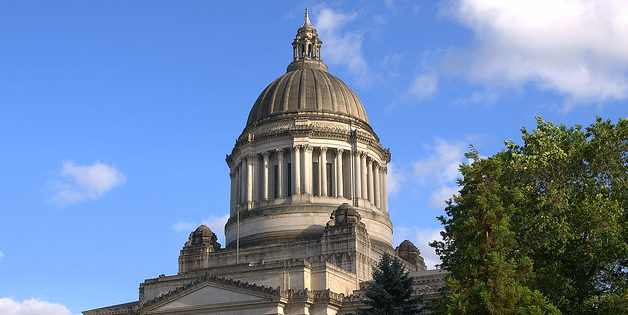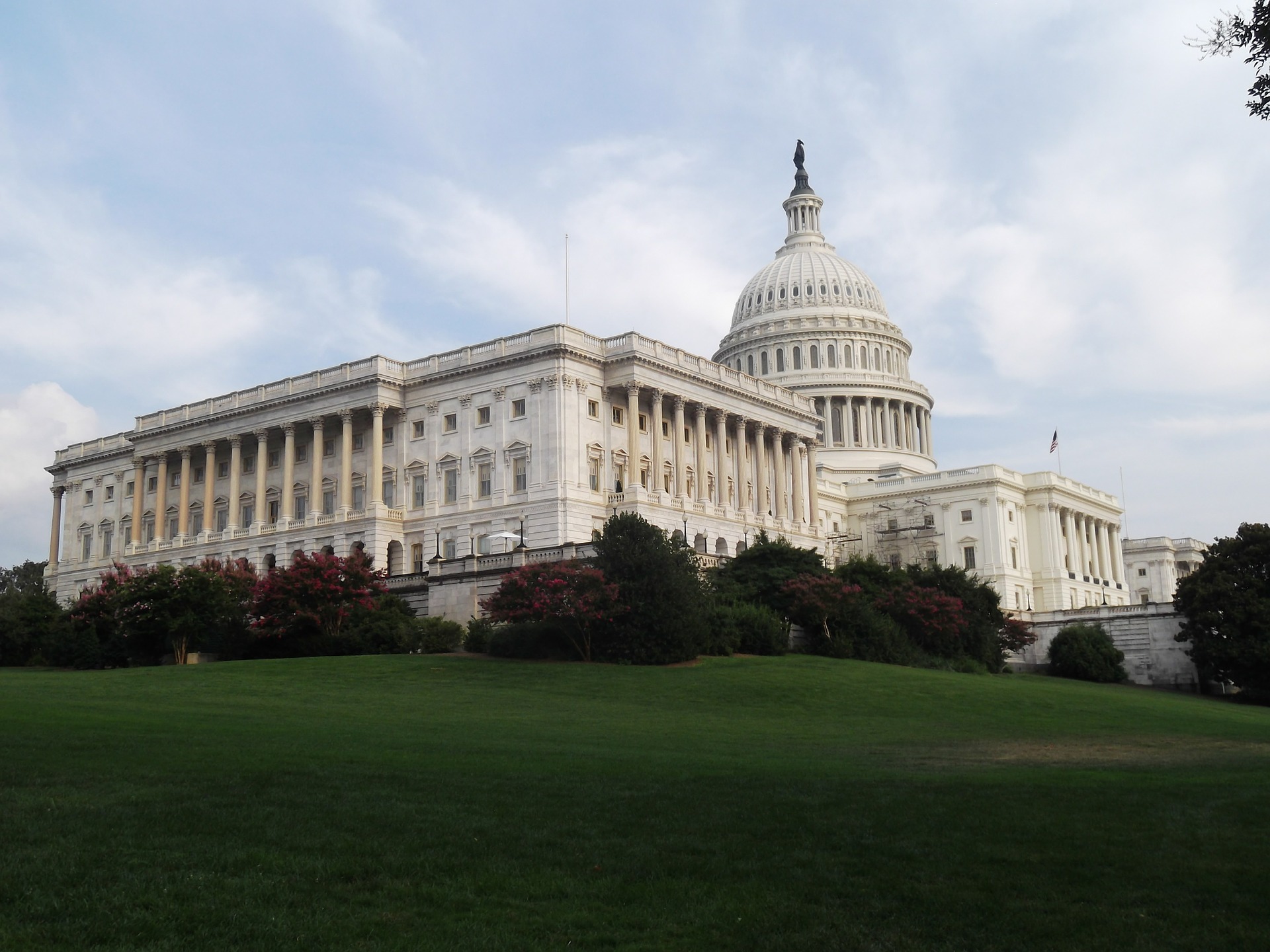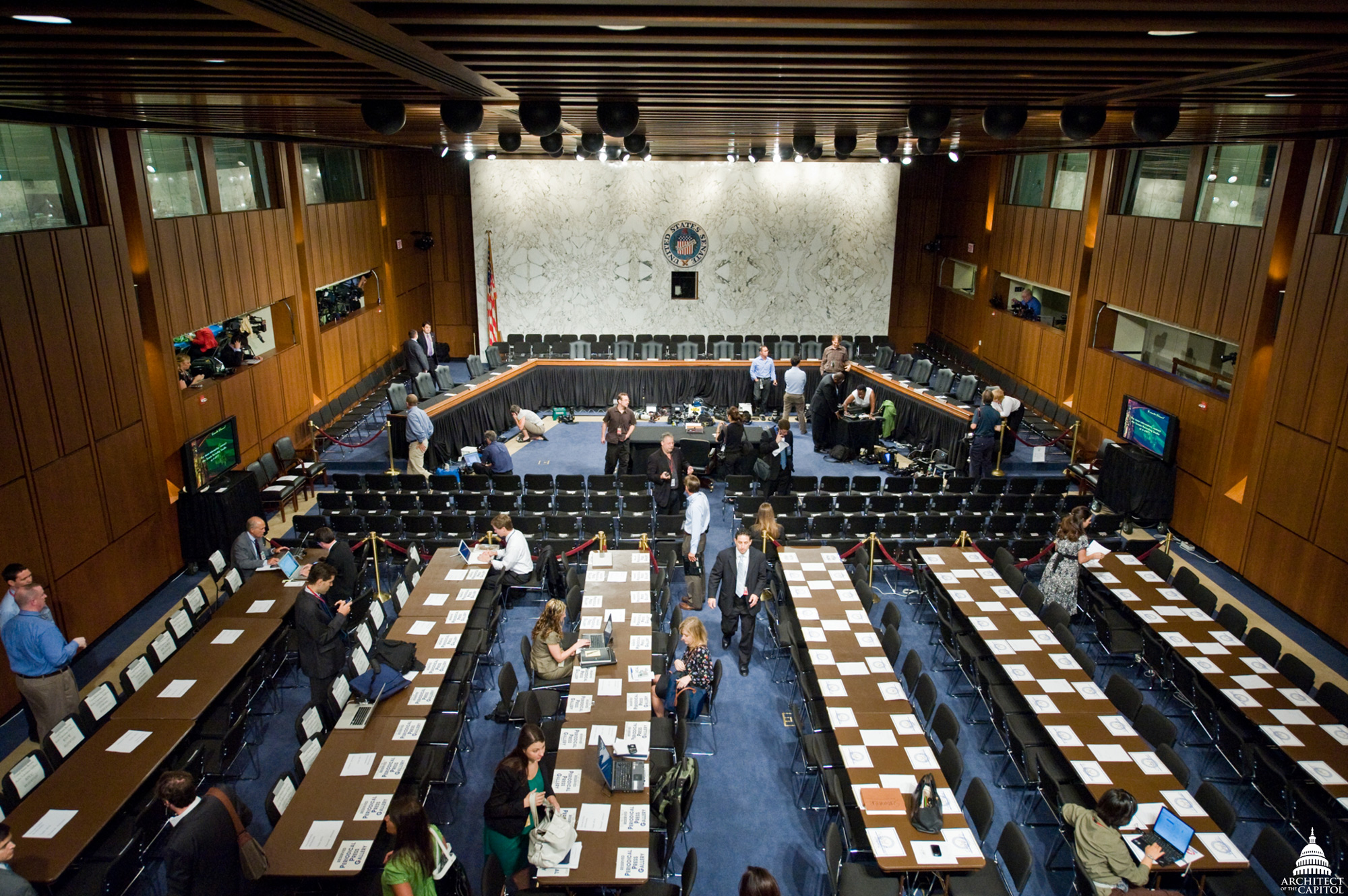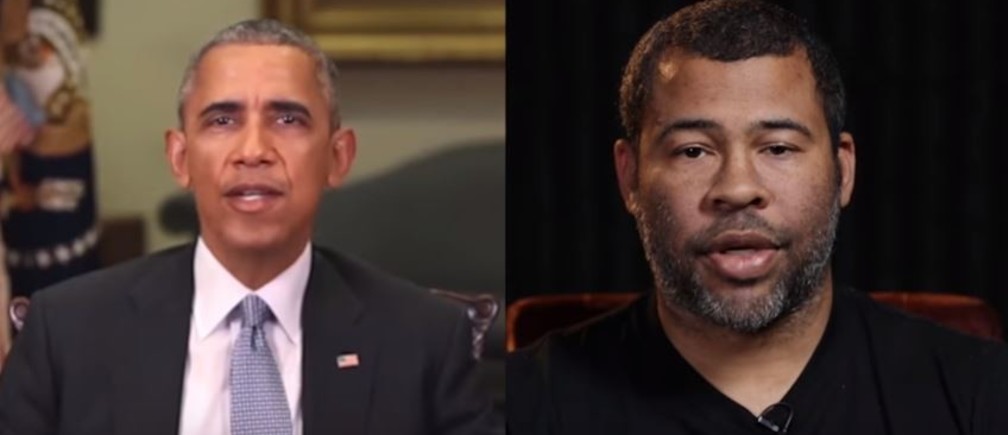Showing results for virg xped free promo codes belgium

A Privacy Playbook for Connected Car Data
[…] use, and sharing of personal information about drivers, passengers, cyclists, and pedestrians. It is crucial that companies, advocates, academics, technical experts, and policymakers craft creative solutions that promote the benefits of connected vehicles while mitigating the privacy risks. Global legal frameworks have a role to play in assuring meaningful data protection and promoting trust, […]

The Future Is Now: FPF at CPDP2020
[…] be moderated by Helen Dixon, Data Protection Commissioner for Ireland. SIDE EVENT Masterclass: Understanding Machine Learning Thursday, January 23 from 16:00-18:00, Area 42, 46 Rue des Palais, 1030 Bruxelles, Belgium This Masterclass is aimed at policymakers, law scholars, social scientists and others who want to more deeply understand the data driven technologies that are front of […]

It’s Raining Privacy Bills: An Overview of the Washington State Privacy Act and other Introduced Bills
[…] browser extension, or global device setting, for consumers to express their intent to opt out. For all of these individual rights, companies are required to take action free of charge, up to twice per year, within 45-90 days (except in cases where requests cannot be authenticated or are “manifestly unfounded or excessive”). Importantly, the […]

Privacy Papers 2019
[…] States, a case it might end up rivaling in influence. The 2019 PPPM Honorable Mentions are: Can You Pay for Privacy? Consumer Expectations and the Behavior of Free and Paid Apps by Kenneth Bamberger, University of California, Berkeley – School of Law; Serge Egelman, University of California, Berkeley – Department of Electrical Engineering & Computer […]

This Year’s Must-Read Privacy Papers: FPF Announces Recipients of Annual Award
[…] policy impact, making them “must-read” privacy scholarship for policymakers. Three papers were selected for Honorable Mention: Can You Pay for Privacy? Consumer Expectations and the Behavior of Free and Paid Apps by Kenneth Bamberger, University of California, Berkeley – School of Law; Serge Egelman, University of California, Berkeley – Department of Electrical Engineering & Computer […]

Closer than Apart: Comparing Senate Commerce Committee Bills
[…] representation” of their data upon “verified request” and the names of third parties to whom it has been transferred (and, in Wicker, the names of service providers), free of charge (although Wicker limits free requests to 2/year). Deletion, Correction & Portability – Both bills would require companies, upon “verified request” to correct or delete […]

COPPA Workshop Takeaways
[…] he relies on behavioral advertising for the “lion’s share” of his revenue. Jho claimed that this settlement requirement will cause creators to suffer, and the quality of free children’s content on the internet to decline. Jho also articulated that there is confusion among creators about whether child-attractive or child-appropriate content will be considered “child-directed” […]

The Right to Be Forgotten: Future of Privacy Forum Statement on Decisions by European Court of Justice
[…] Privacy Forum CEO Jules Polonetsky regarding two European Court of Justice decisions announced today in its cases with Google: Key decisions about the balance of privacy and free expression still remain to be settled by the European Court of Justice (ECJ). Although the ECJ’s two decisions generally support the rights of those searching the […]

10 Reasons Why the GDPR Is the Opposite of a ‘Notice and Consent’ Type of Law
[…] of the impact of a project on the environment, it measures the impact of a project using personal data on all the rights of the individuals concerned, from free speech, to privacy, to non-discrimination. Depending on the results of the DPIA, safeguards must be brought to minimize the impact on rights, or the project can simply […]

Digital Deep Fakes
[…] amend section 230 of the Communications Decency Act. The law has currently established that ISPs and many online services are not responsible for content posted by users. Free speech groups maintain that if companies were responsible for the content posted by users, they would be forced to block or strictly censor at mass scale, […]
